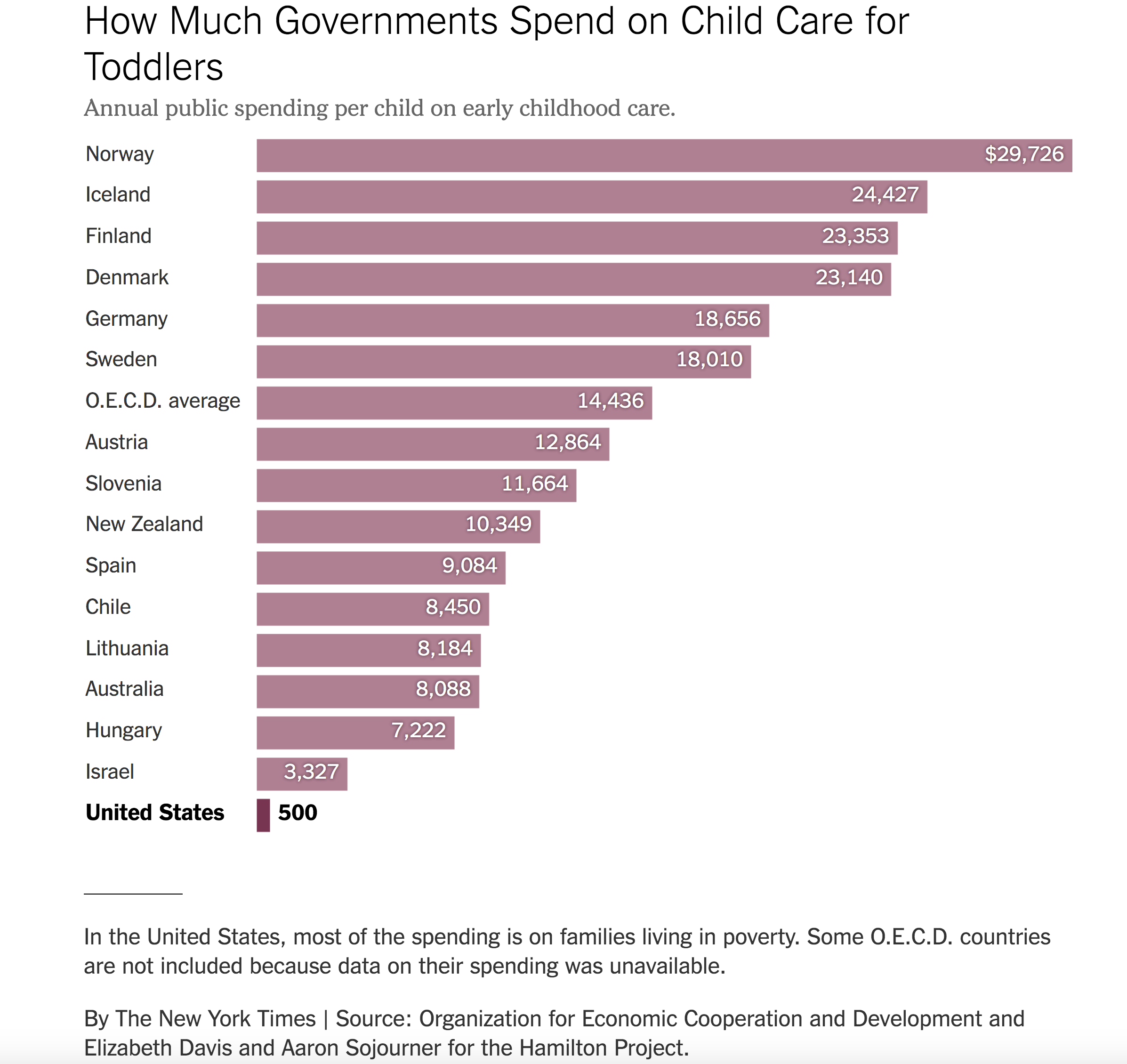If you look even a little bit, the growing population of homeless men, women, and children in Olympia, Washington are easily visible; mostly you’ll find them close to the social service agencies they depend upon, like the Salvation Army and the Thurston County Food Bank. An enormous tent and tarp community stretches all along the western edge of Capital Lake on Deschutes Parkway SW. It looks like a refugee camp you might find in Northeast Africa, but worse because there’s no UNHCR to create some semblance of order. More accurately, picture Miami post Hurricane Katrina. Many more live in tents and tarps among the trees that line the Woodland Trail and the I-5 freeway.
The classic argument between the Individual Responsibility folks, “they have to take responsibility for their bad decisions” versus the Systemic Forces folks, “the growing numbers of homeless who succumb to combinations of poverty, addiction, and poor mental health are entirely predictable given our ‘winner-takes-all’ economic system coupled with our anemic social safety net” shows no signs of abating. Nearly all of the Individual Responsibility folks respond to homeless men, women, and children with a mix of resentment and anger. At the same time, a gradually increasing percentage of the Systemic Forces folks are exasperated as some natural areas are lost and downtown grows less clean and safe.
So why, as the population of homeless men, women, and children rises; does it seem like our collective empathy decreases? Even among a lot of decent people who have demonstrated empathy in their past for others less fortunate than them?
Mired in resentment and anger, we leapfrog caring about our fellow citizens’ pain and suffering because we don’t know any homeless person’s story. We don’t know where they’re from, what their childhood was like, what hardships they’ve had to endure. Not knowing any of those things makes it much easier to assume they’ve made a series of bad decisions. And that until they start making good ones, they get what they deserve.
Local papers don’t have the resources to tell their stories anymore. And even if alternative papers tried, would we read them when we don’t even really look at our homeless neighbors? As if they have leprosy, the best we can do, it seems, is a quick glance.
The secret to not caring about the homeless is not knowing anything about any one homeless person. Not learning their names and not looking at them helps too, but mostly, it’s avoiding learning how and why and where things went off the rails.
Irrespective of one’s religious views or politics, it seems increasingly common to castigate “the homeless”. Because they remain an abstraction.
This proven strategy works equally well in other contexts too. For example, the same approach to not caring works for the growing number of Central American immigrants gathering at our southern border. Many Fox News hosts are absolutely giddy over what the gathering numbers of desperate immigrants mean for Biden’s approval ratings and the midterm elections because they don’t know any of their stories. There are laws to be enforced and political gain to be made, nevermind their pain and suffering, their humanity.
Yesterday, I screwed up. And mistakenly read this story in the New York Times.
In doing so, I was introduced to Santa Cristina García Pérez, a 20 year old, one of twelve Comitecos who were massacred by Mexican police near the U.S. border. I learned Christina was one of 11 siblings who hoped to make enough money in the U.S. to. . .
“. . . cover the cost of an operation for her one-year-old sister, Angela Idalia, who was born with a cleft lip. . . .
She wanted to save Ángela Idalia from what she thought would be a life of ridicule, relatives said.”
I doubled down on my mistake by taking my time to truly see all of the Comitecos mourning their friends and family. Powerful images of profound loss, one after another. Including one of Ricardo García Pérez, Cristina’s dad, placing a bottle of water next to her casket. . .
“. . . so that Ms. García’s spirit did not suffer from thirst on its journey to the next life.”
I wasn’t the only one learning about the Comitecos. The Times explains:
“The killings have stunned the community, spurred a wave of international media attention on Comitancillo and an outpouring of financial support for the victim’s families. Among other acts of largess, donations from nearby communities in the region and from the Guatemalan diaspora have paid for Ángela Idalia’s first surgery to repair her cleft lip and have enabled the García family to build a new house.”
That’s one more vivid example that when most people see someone suffering, look into their eyes, learn their name, and something about their life journey; they can’t help but care. And help.
In contrast, the homeless in my community remain an abstraction. An abstraction most of us are determined to keep at a comfortable distance. Given our mounting resentment and anger at this abstraction, we keep asking, “When is someone going to do something?”

